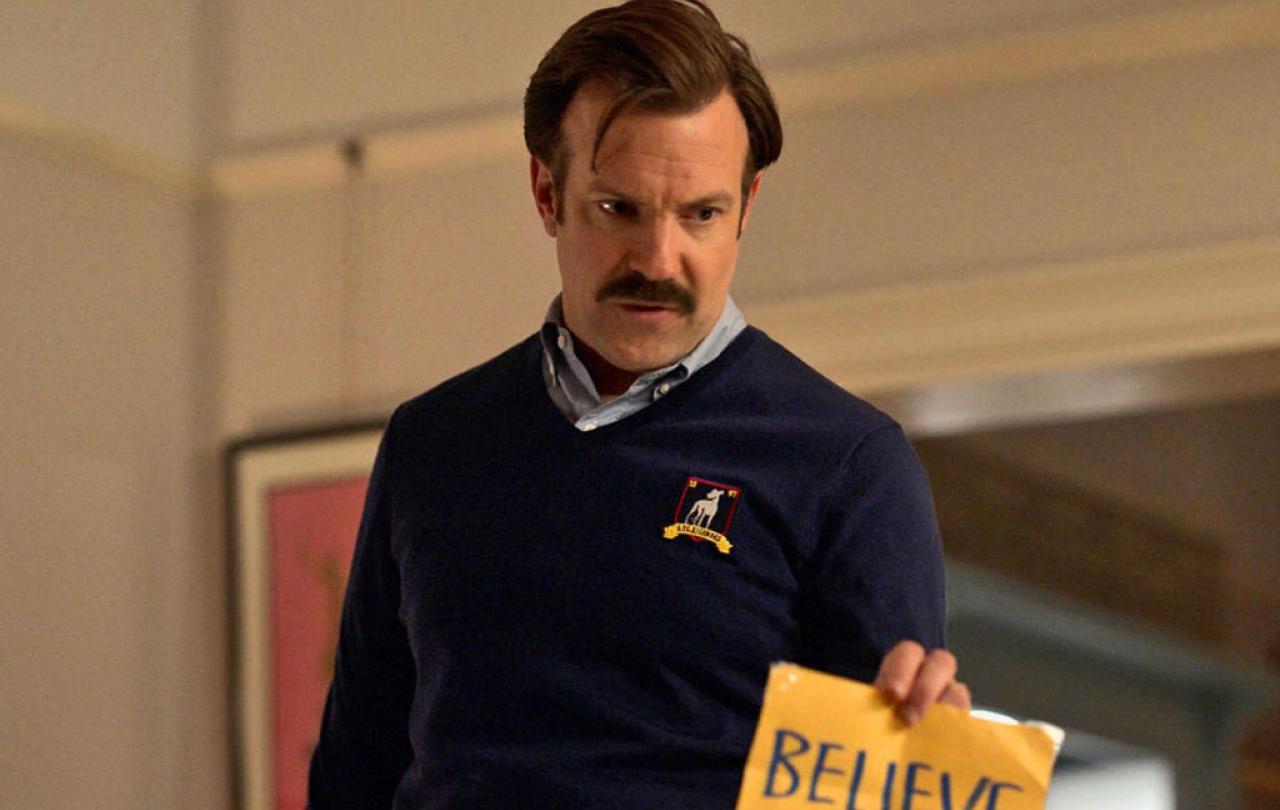Polls in Canada and the UK show that the vast majority would consider this a win all round. According to Opinium, 75 per cent of British adults support AD. In political terms this a ‘bridge issue’ almost without comparison, uniting 78 per cent of Conservatives with 77 per cent of Labour supporters, yet no issue should more starkly dramatise the unbridgeable chasm between Christian and secular world views.
The sharpness of this divide has, however, been successfully obscured by the insidious (and to my mind, diabolical) Cult of Kindness that has inveigled itself into both secular and Christian space. Imitating Christian virtues, it subverts them by subtly perverting language - by using ‘compassion’ when what is meant is ‘convenience’, for example – and by making ‘happiness’ rather than self-sacrifice the highest good. This leads both sides into dishonesty and self-delusion.
The biggest pro-AD lie is that it is merely an escape route for the tiny few facing the most intolerable suffering with no additional consequences. The truth, as the Canadian experience demonstrates, is that AD is not a slippery slope but a cliff edge. It is now the fifth most common cause of death and climbing by 30 per cent each year. Every seriously ill Canadian now feels some pressure to address the option. Cases of people choosing AD out of despair, depression or at the suggestion of a lazy or uncaring State official are already numerous. Those who have signed an advance consent waiver setting a date for their euthanasia in the event of their mentally incapacity, are now being terminated. In some cases, the demented refuse to cooperate and are euthanised under forced sedation. The State is already saving money and families are saving their inheritances. Life itself has been downgraded.
The Christian side indulges in even bigger untruths. Windy episcopal speeches about advances in palliative care avoid the hard fact that denying AD involves many suffering prolonged and painful deaths while family finances are destroyed and carers worn down to a husk. The pill can’t be sugared: thou shalt not kill is absolute, not an invitation for an ethical discussion. The point is so fundamental that to avoid it and be drawn into discussing the minutiae of legislation is a betrayal of the faith.
Christians won’t save the secular world from AD and its consequences, but the current debate is an opportunity for honesty and for Christians to save themselves from the delusion that the true virtue of compassion can be inverted to justify killing.
The Christian religion began with an agonising death of a kind which its scriptures exhorts its followers not to fear. It’s a tough message: God doesn’t promise the comfort we would like in this life. We do have the means and the duty to alleviate much suffering, but death as a consumer choice is simply off the table.






